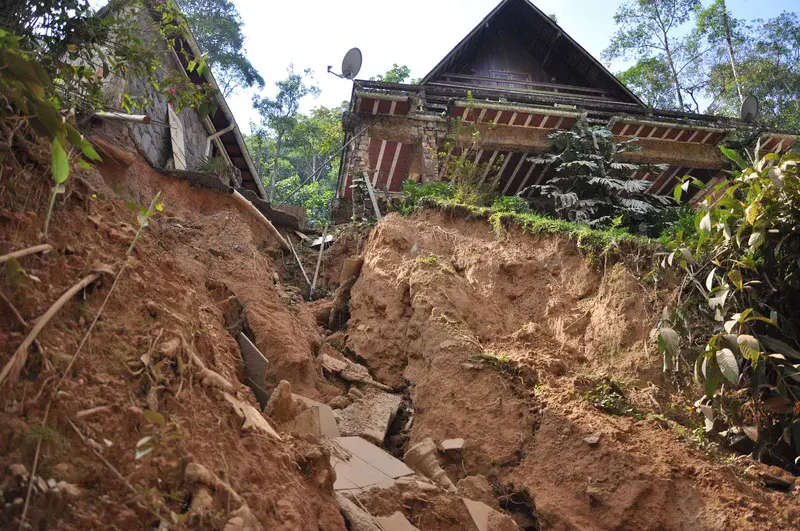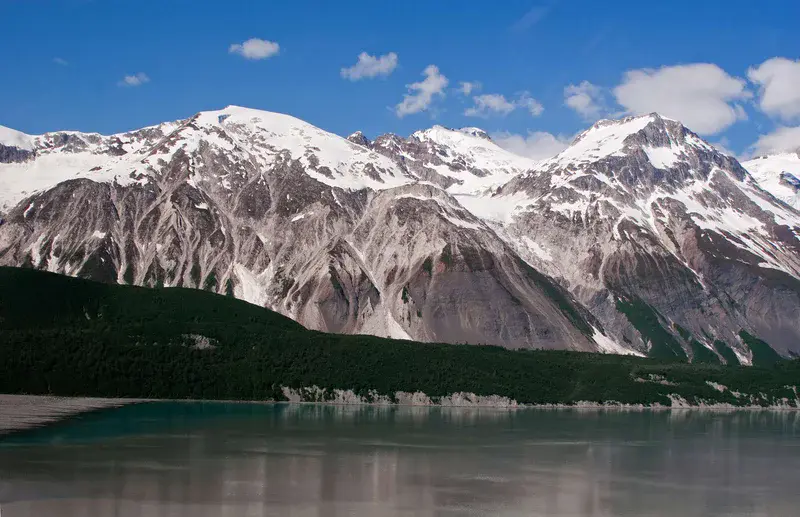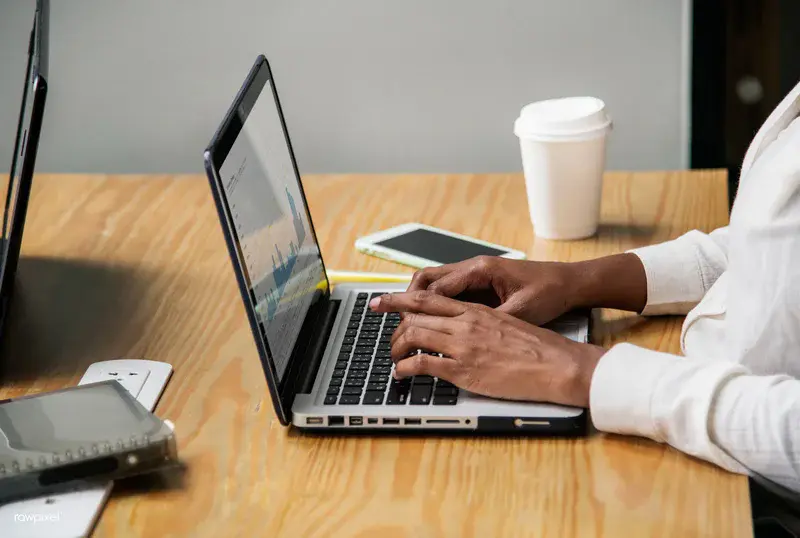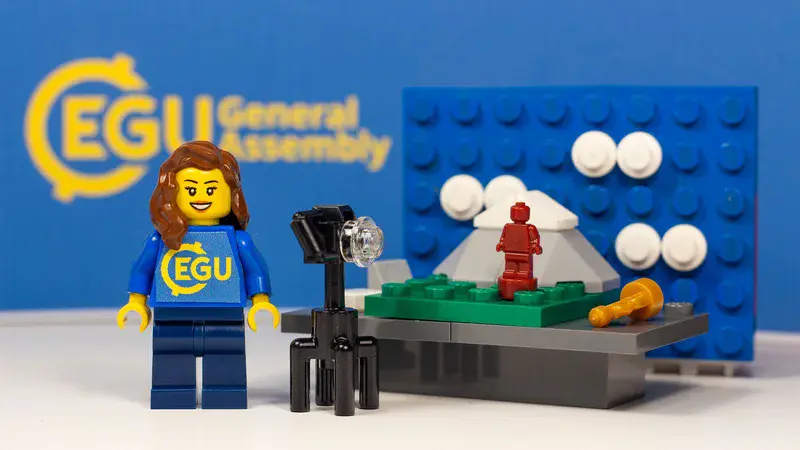
Highlights at a glance
- 09:00 – GDB2: The role of scientific information in an emerging environmental crisis
- 12:30 – NET10: CR – ECS event
- 12:30 – NET17: NH – ECS event
- 14:30 – SC2.5: How to find funding and write a research grant
- 15:00 – US5 Faults, Rivers and Topography: in memory of Patience A. Cowie
- 16:00 – SC2.6 Careers inside and outside of academia: Panel Discussion
- 17:30 – NET38: PS – all division members
- 18:00 – NET7: AS – ECS event
- 18:00 – NET25: AS – all division members
- 18:00 – NET27: CL – all division members

The role of scientific information in an emerging environmental crisis
At the General Assembly 2020, EGU published a Declaration on the Significance of Geoscience Expertise to Meet Global Challenges. At the same time, COVID-19 was causing a global public health crisis. During any public or environmental crisis, authorities seek advice from experts. Often systems are in place for potential environmental disasters, such as floods and storms. However, for less frequent or new issues, there is no established protocol, and experts and policymakers have to act fast. In this Great Debate, we deliberate how to get information quickly, how to asses it, and how to deal with the lack of quality and uncertainties in the data. We also discuss how public health crisis responses, like COVID-19, could draw on lessons from more frequent disasters.
GDB2: 09:00 –10:30

Faults, Rivers and Topography: in memory of Patience A. Cowie
Patience Cowie revolutionised our understanding of the growth and interaction of faults, and the impact these have on the topography of extensional settings. Cowie studied faults at different scales and demonstrated how the development of complex fault networks impacts fault slip rate. Her numerical models of fault interactions integrated the response of river systems to the changing topography, and these predictions resulted in a wealth of research on the tectonic signals within river profiles and the sedimentological record. Through her tenacious focus on science, infectious enthusiasm, wonderful sense of humour, and commitment to women in science, she inspired a generation of young researchers, many of whom will be presenting.
US5: 15:00 –17:00
Award Lectures
Seismology
- 10:30 – MAL19 Beno Gutenberg Medal Lecture 2021: Malcolm Sambridge
- 11:35 – MAL19 Division Outstanding ECS Award Lecture 2021: Eva P. S. Eibl
MAL19: 10:30 –12:25
Cryospheric Sciences
- 10:35 – MAL5 CR Division Outstanding ECS Award Lecture 2020: Anna Hogg
- 11:00 – MAL5 CR Division Outstanding ECS Award Lecture 2021: Christine Batchelor
- 11:25 – MAL5 Julia and Johannes Weertman Medal Lecture 2021: Martyn Tranter
MAL5: 10:30 –12:30
Alfred Wegener Medal Lectures
- 11:30 – MAL1b Alfred Wegener Medal Lecture 2020: Ingeborg Levin
- 13:30 – MAL1b Alfred Wegener Medal Lecture 2021: Angela Gurnell
MAL1b: 11:30 –14:30

How to find funding and write a research grant
Drafting your first grant proposal can be daunting. Grant writing improves with experience, so how do Early Career Scientists compete on equal footing with those who are more established? In this Short Course, a panel of scientists and funding agencies will share their experience on applying to different funding bodies and provide tips to Early Career Scientists to gain insight and inspiration for writing a strong grant proposal. This session will be followed by a ‘pop-up’ session in the Networking lounge for more specific questions to our panel. This course offers broad tips and hints on how to write a successful proposal irrespective of the funding body.
SC2.5 : 14:30 –15:30
Award Lectures
Natural Hazards
- 15:03 – MAL15a Plinius Medal Lecture 2021: Giuliano Di Baldassarre
- 15:45 – MAL15a NH Division Outstanding ECS Award Lecture 2020: Vitor Silva
- 16:18 – MAL15a Sergey Soloviev Medal Lecture 2020: John Clague
MAL15a: 15:00 –17:00
Planetary and Solar System Sciences
- 15:05 – MAL18 David Bates Medal Lecture 2020: Agustin Sanchez-Lavega
- 16:15 – MAL18 PS Division Outstanding ECS Award Lecture 2021: William Dunn
MAL18: 15:00 –17:00
Soil System Sciences
- 15:05 – MAL21 SSS Division Outstanding ECS Award Lecture 2020: Sebastian Doetterl
- 15:20 – MAL21 SSS Division Outstanding ECS Award Lecture 2021: Lucia Fuchslueger
- 15:35 – MAL21 Philippe Duchaufour Medal Lecture 2020: Georg Guggenberger
- 16:10 – MAL21 Philippe Duchaufour Medal Lecture 2021: Donald Sparks
MAL21: 15:00 –17:00

Meet vEGU21 Artist (not!) in Residence Stacy Phillips
In addition to the latest Earth, planetary, and space science research, vEGU21 is also featuring the contributions of four talented artists, who are sharing their artwork via social media (using the hashtag #EGUart). One, Stacy Phillips (@Shtacy_Phillips), is a recent graduate of the UK’s Open University who studies melting processes in the central Himalayas. She Is also a Lego photographer who enjoys turning scientific abstracts into Lego scenes as a fun and creative way of sharing scientific research. Stacy is currently soliciting vEGU21 abstracts to “Lego-ify” so DM her if you’re interested!
Panel discussion: careers inside and outside of academia
There are many careers that require or benefit from a research background. In this panel, scientists with a range of backgrounds give their advice on where to find jobs and the pros and cons of careers inside and outside of academia.
SC2.6: 16:00 –17:00
Data Help Desk
Do you have data-related questions? Are you looking to make your data and/or software open and FAIR? Are you interested in tools and resources for working with your data or for finding data to reuse? The Virtual Data Help Desk is here to help you! Tweet your questions from 19-23 April to #DataHelpDesk.
For more details: bit.ly/DataHelpEGU21
About
EGU Today, the Union’s daily newsletter during the EGU General Assembly, helps keep you informed about what’s happening by highlighting sessions and events of broad interest from the programme. The newsletter, including previous issues, is available at https://www.egu.eu/egutoday/.
Unsubscribe via support@copernicus.org.
The Assembly Online
LinkedIn
Instagram
YouTube
Facebook
Mastodon
Bluesky
blogs.egu.eu, geolog.egu.eu
www.egu.eu